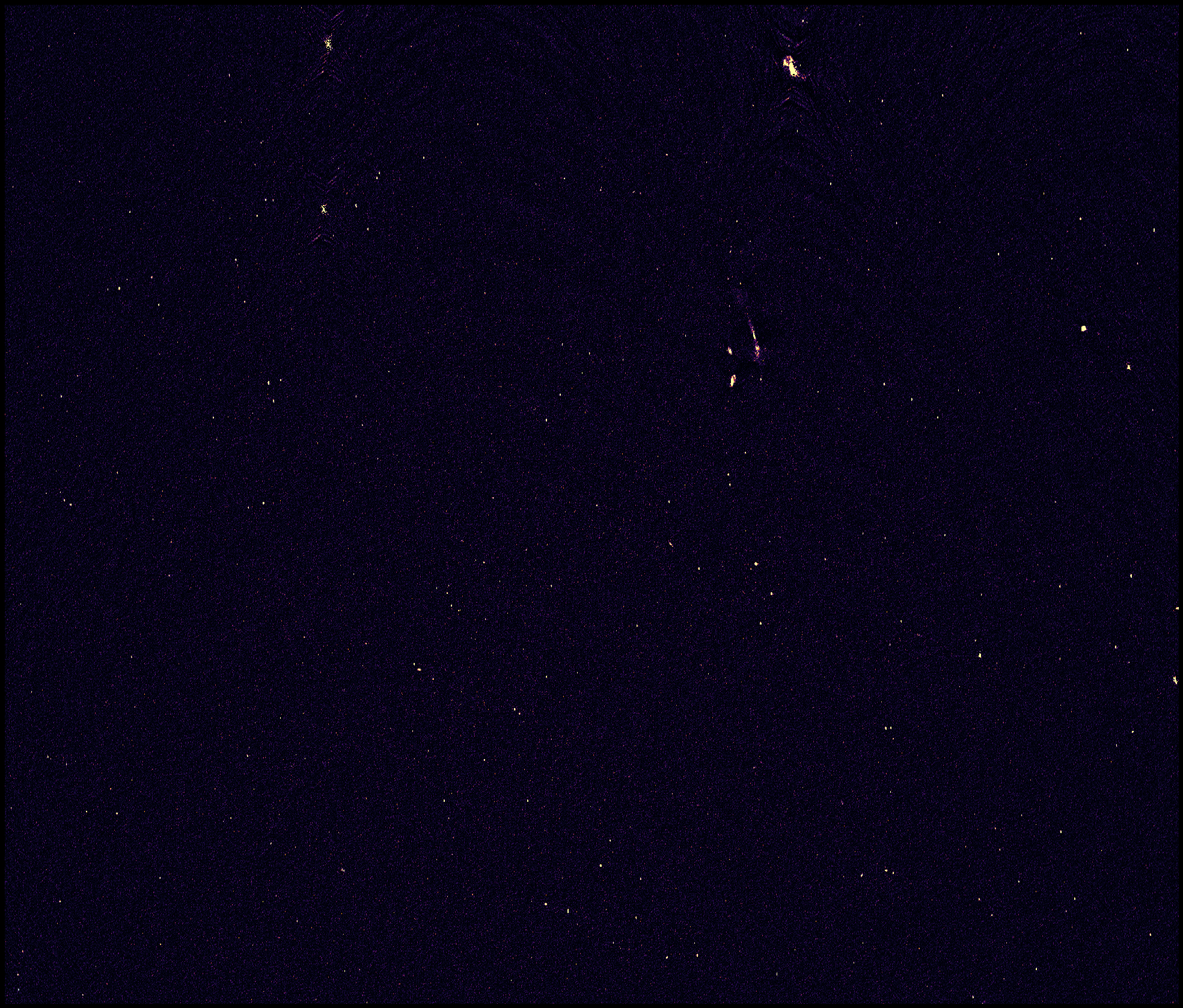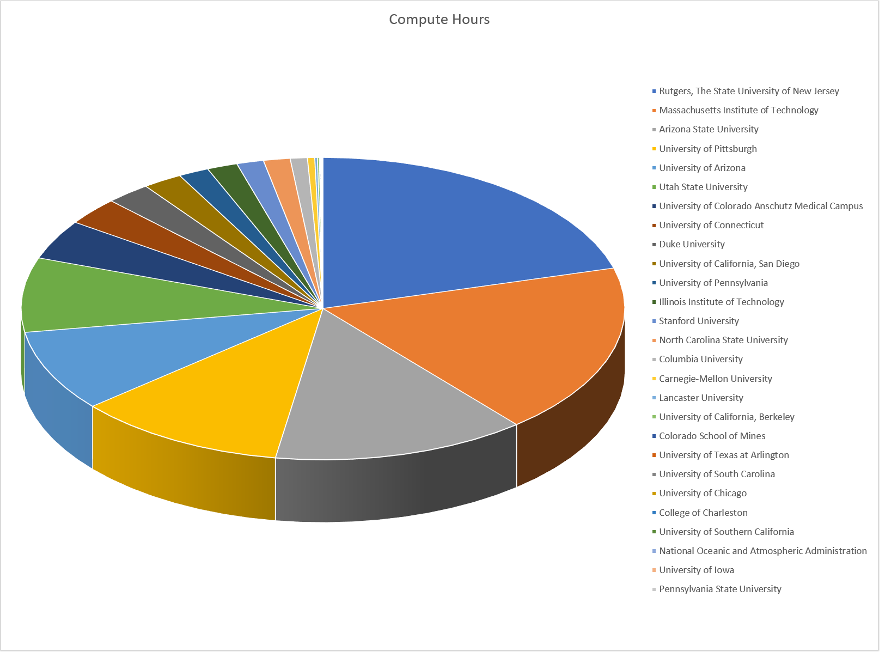News: How CHTC is Making An Impact
CHTC’s computing pioneering continues to advance science and society in new ways. Located at the heart of UW-Madison’s School for Computer, Data & Information Sciences (CDIS), CHTC offers exceptional computing capabilities and experienced facilitation support to campus researchers and international scientists alike. Working in collaboration with projects across all areas of study, CHTC helps innovate solutions that otherwise might not have been possible, while at the same time evolving the field of distributed computing.
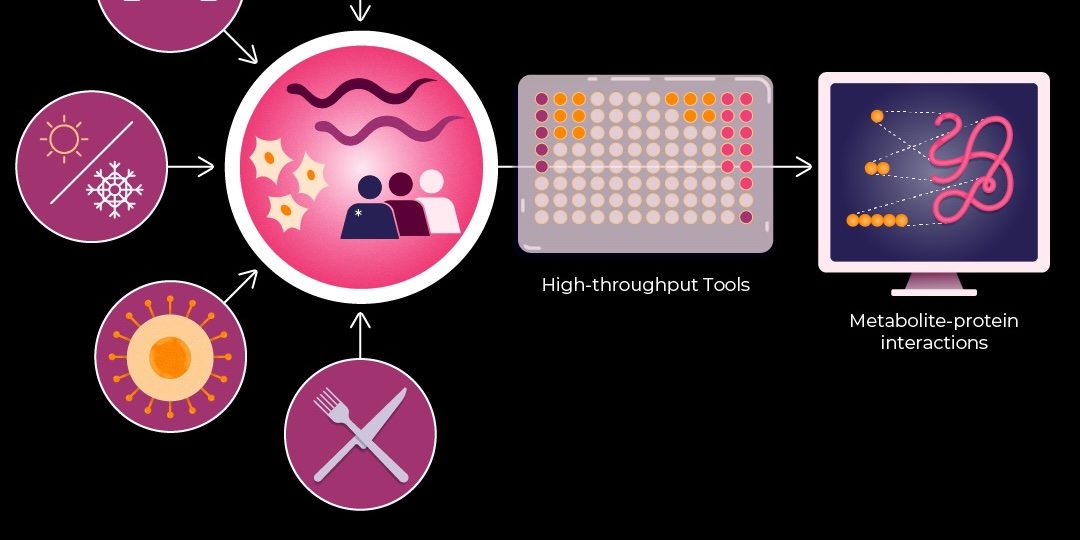
OSPool and Its Computing Capacity Helps Researchers Design New Proteins
By: Sophie Dorros
Dec 15, 2025

Researcher Receives David Swanson Award for Work Powered by High Throughput Computing
By: Jacob Isaacson
Nov 25, 2025

One Researcher’s Leap into Throughput Computing: Bringing Machine Learning to Dairy Farm Management
By: Sophie Dorros
Nov 17, 2025
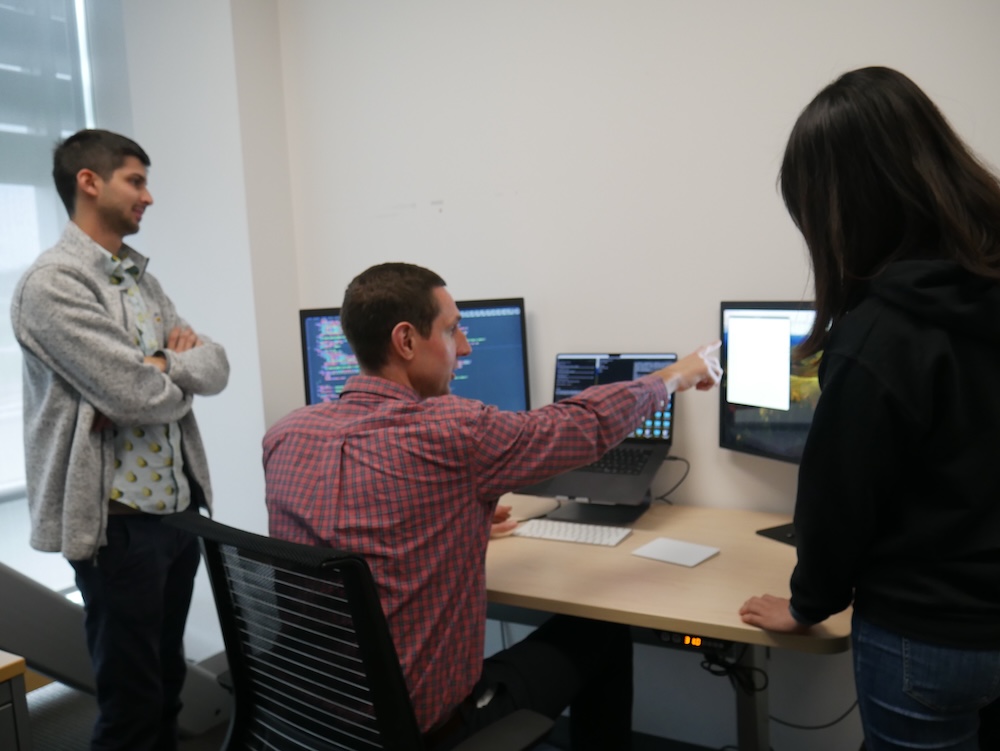
Erik Wright: A Biologist Using High Throughput Computing to Unravel Antibiotic Resistance
By: Ria Dhingra and Bryna Goeking
Nov 21, 2024
Read about some of CHTC’s latest news and projects:

2025 HTCondor European Workshop Showcases Advances in High Throughput Computing
By: Sophie Dorros
Dec 03, 2025

One Researcher’s Leap into Throughput Computing: Bringing Machine Learning to Dairy Farm Management
By: Sophie Dorros
Nov 17, 2025

HTCondor Celebrates 40 Years Powered by Community
By: Mariel Mohns
Jul 25, 2025

HTC Strikes Again
By: Morgridge Institute for Research
Jun 09, 2025
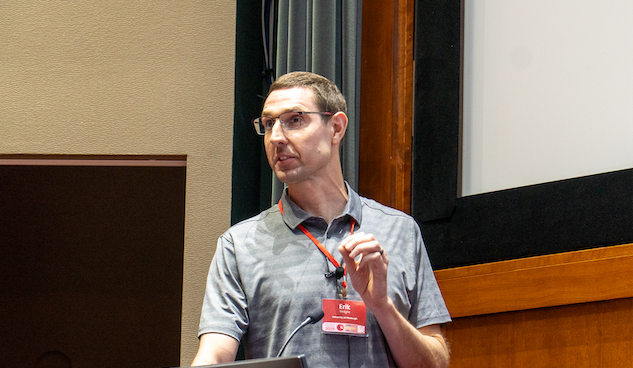
OSPool Is a Game Changer: HTC25 Keynote Presentor Erik Wright
By: Jacob Isaacson
Jun 02, 2025

Bringing The National Research Platform Capacity to the HTC Community
By: Jordan Sklar and Kallen Wank
Apr 07, 2025
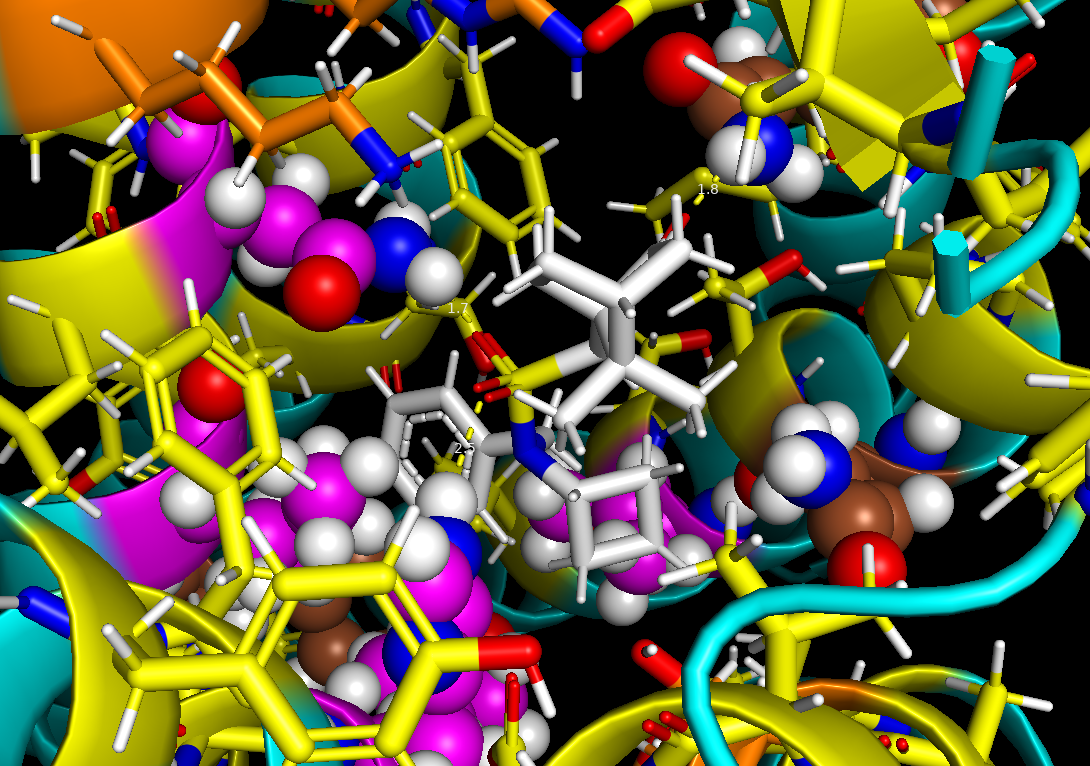
Unlocking New Frontiers in Drug Discovery: High Throughput Computing in the Thyme Lab
By: Kallen Wank
Apr 07, 2025
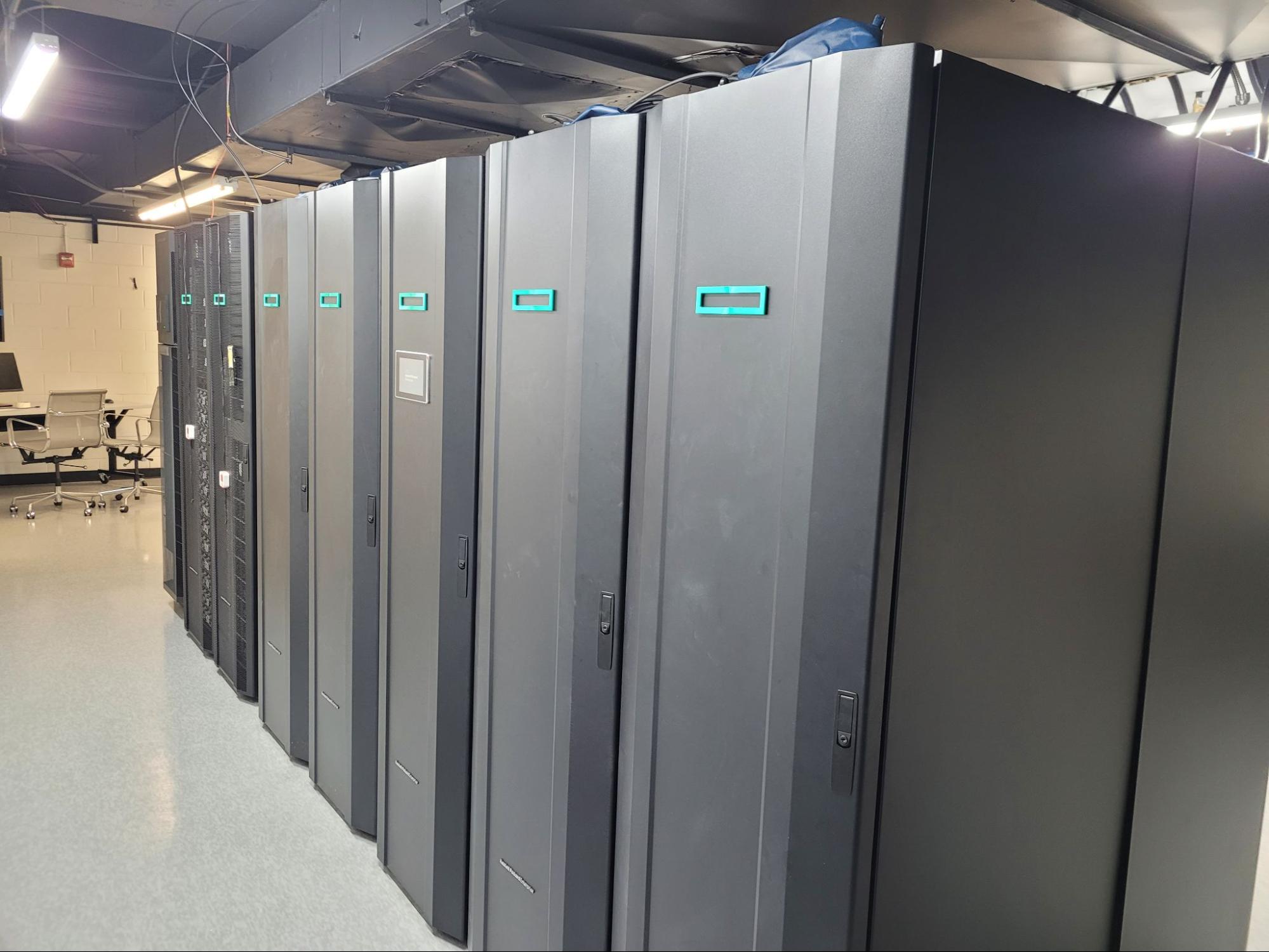
Oral Roberts University Advances Cyberinfrastructure with OSPool Integration
By: Kallen Wank
Mar 27, 2025

Reaching Record Numbers of Contributing Institutions to the OSPool
By: Ria Dhingra and Kallen Wank
Feb 27, 2025

PATh Becomes NAIRR Pilot Service Provider for AI Workloads
By: Ria Dhingra
Feb 27, 2025

HTC News Shorts: February 2025
By: Kallen Wank
Feb 26, 2025

IceCube Neutrino Observatory’s Use of High Throughput Computing: Making Discoveries in Astrophysics Using Neutrinos
By: Ria Dhingra and Kallen Wank
Feb 25, 2025

HTC News Shorts: January 2025
By: Ria Dhingra and Kallen Wank
Jan 01, 2025

Decoding the Sun’s Secrets With the Help of Pelican
By: Kallen Wank
Dec 20, 2024
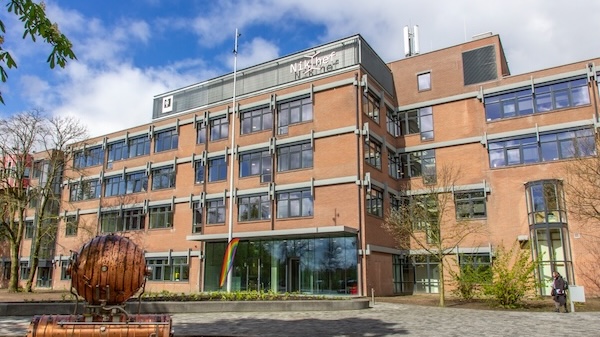
Fostering Community Amongst Developers and Researchers: A Reflection on the 2024 European Autumn HTCondor Workshop
By: Ria Dhingra
Dec 20, 2024

Student Fellows Advance Research Computing Infrastructure at CHTC
By: Kallen Wank
Dec 09, 2024
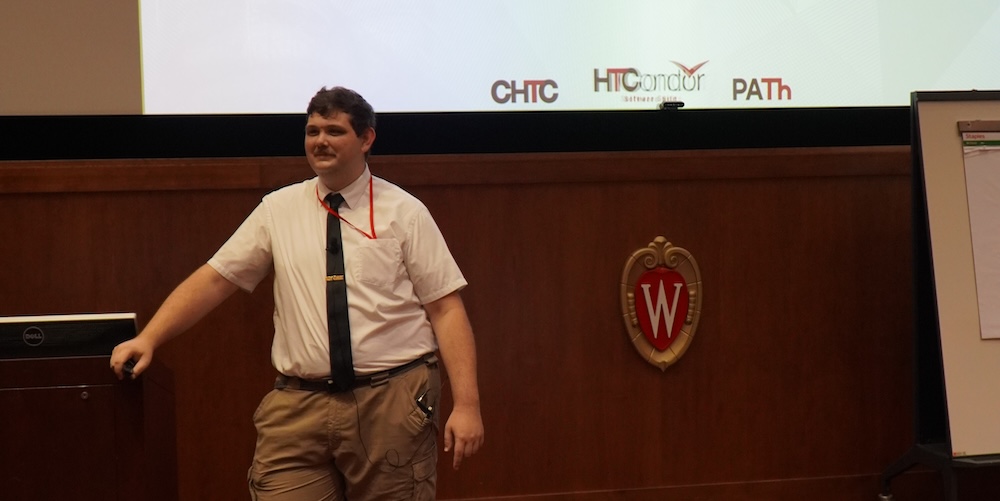
A Spotlight on Cole Bollig: Finding CHTC, Community, and Learning HTCondor
By: Ria Dhingra
Nov 26, 2024
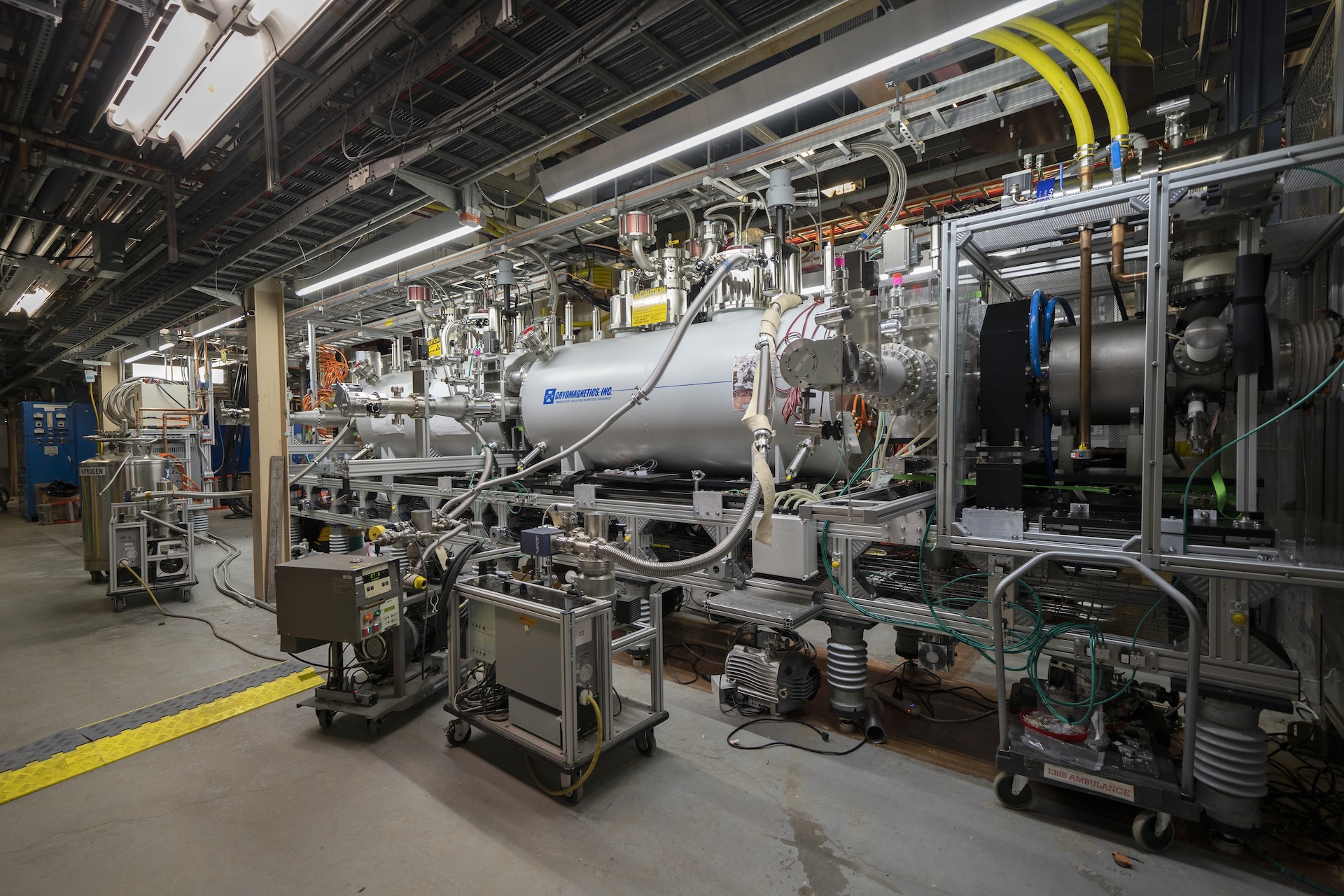
Collaborations Between Two National Laboratories and the OSG Consortium Propel Nuclear and High-Energy Physics Forward
By: Cristina Encarnacion
Jul 25, 2024

High Throughput Community Builds Stronger Ties at HTC24 Week
By: Jordan Sklar and Cristina Encarnacion
Jul 17, 2024
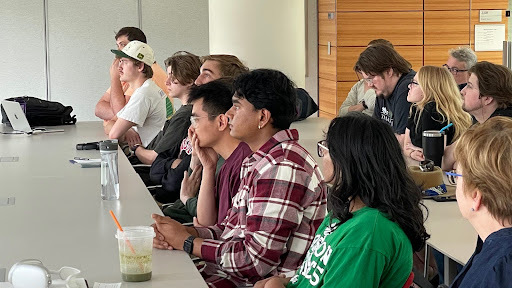
CHTC Launches First Fellow Program
By: Cristina Encarnacion
Jun 26, 2024
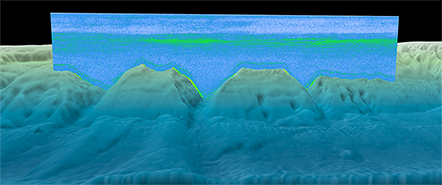
NOAA funded marine scientist uses OSPool access to high throughput computing to explode her boundaries of research
By: Cristina Encarnacion
Jun 13, 2024

Advancing computational throughput of NSF funded projects with the PATh Facility
By: Bryna Goeking
May 21, 2024
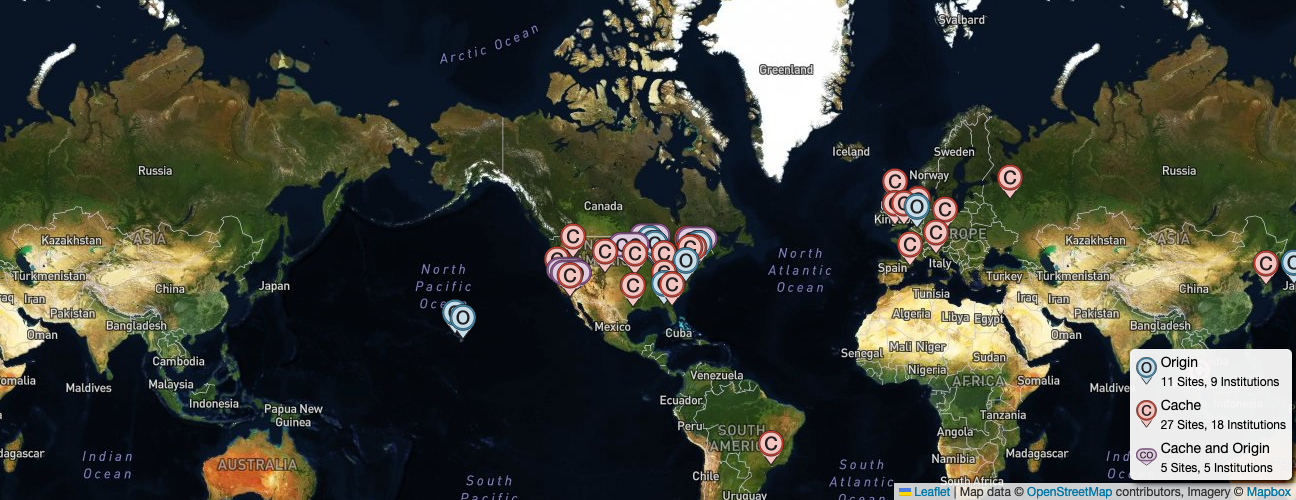
Addressing the challenges of transferring large datasets with the OSDF
By: Sarah Matysiak
May 14, 2024
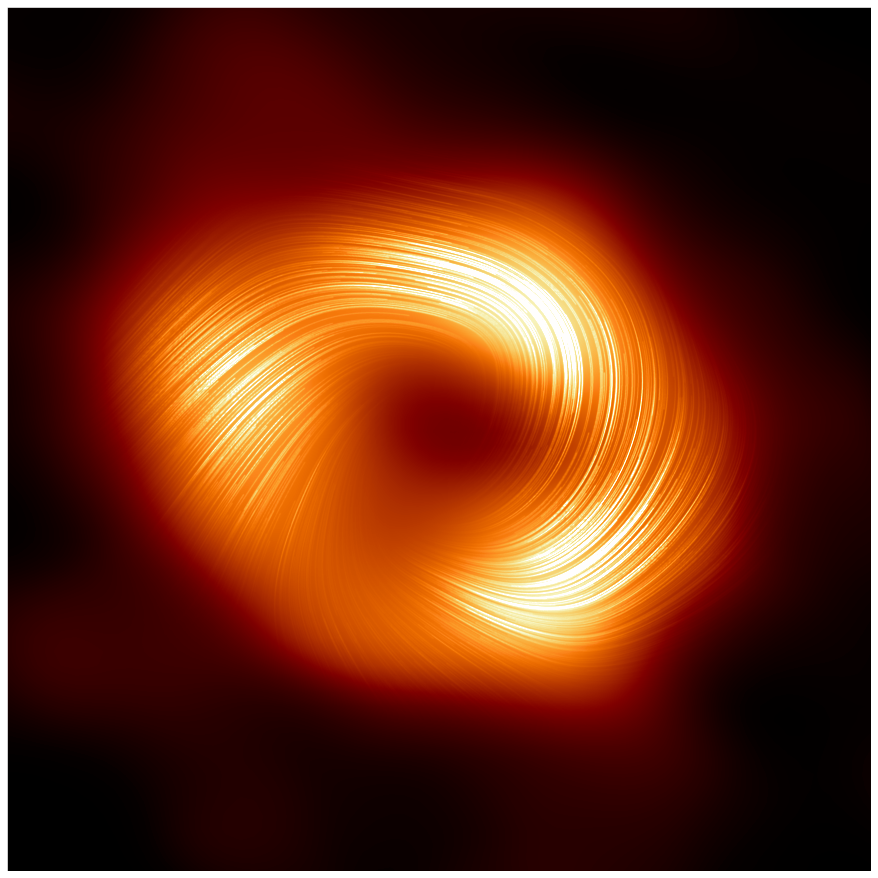
Junior researchers advance black hole research with OSPool open capacity
By: Malia Bicoy
Apr 29, 2024
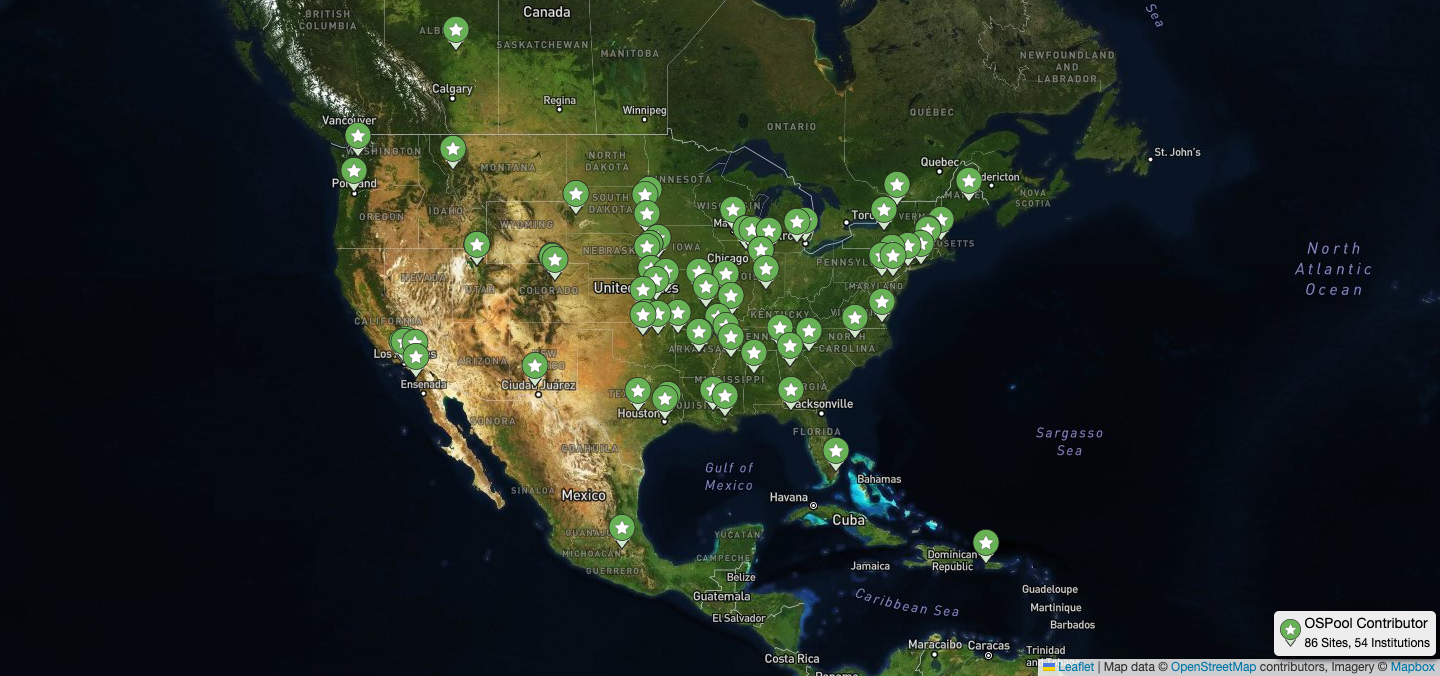
“Becoming part of something bigger” motivates campus contributions to the OSPool
By: Bryna Goeking
Apr 19, 2024
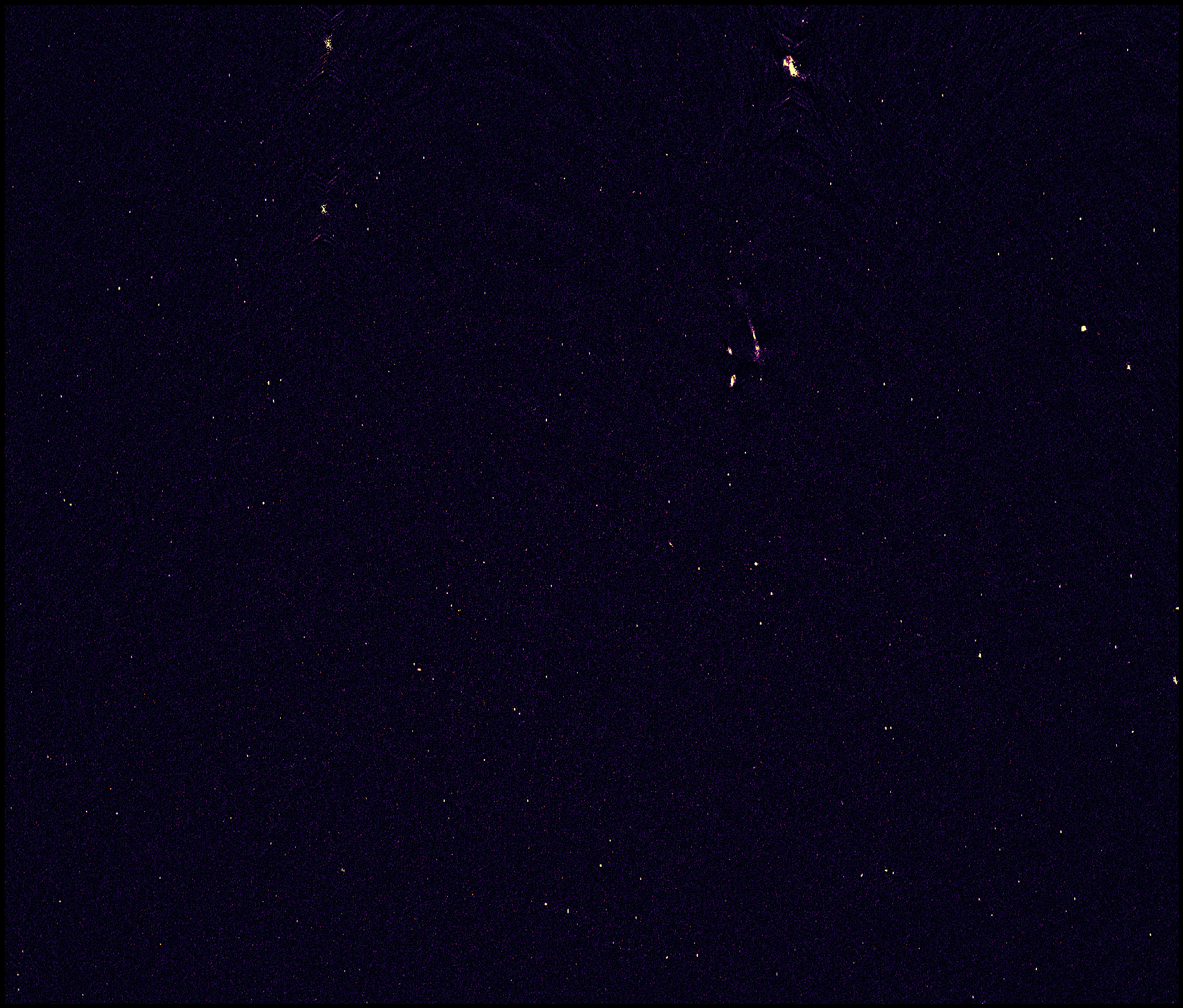
Through the use of high throughput computing, NRAO delivers one of the deepest radio images of space
By: Bryna Goeking
Apr 04, 2024

Ecologists utilizing HTC to examine the effects of megafires on wildlife
By: Bryna Goeking
Feb 26, 2024

Preserving historic Wisconsin aerial photos with a little help from CHTC
By: Malia Bicoy
Feb 06, 2024

Tribal College and CHTC pursue opportunities to expand computing education and infrastructure
By: Malia Bicoy
Jan 17, 2024
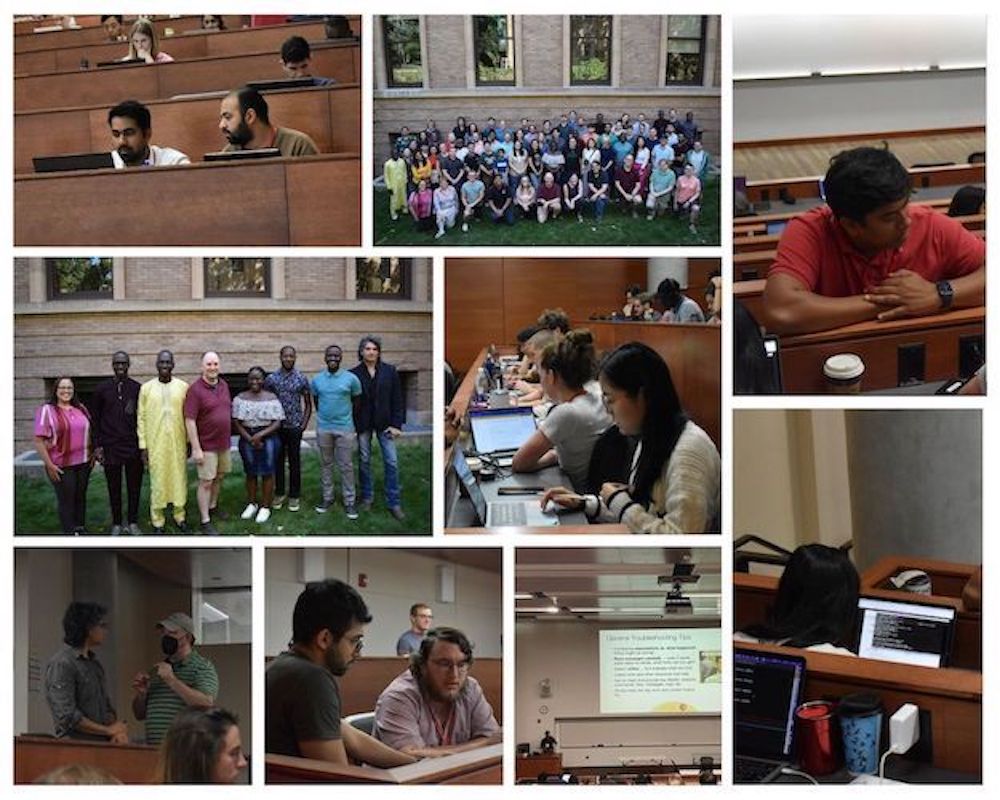
OSG School mission: Don’t let computing be a barrier to research
By: Malia Bicoy
Dec 20, 2023

How the GLUE Lab is bringing the potential of HTC to track the movement of cattle and land use change
By: Sarah Matysiak
Dec 15, 2023
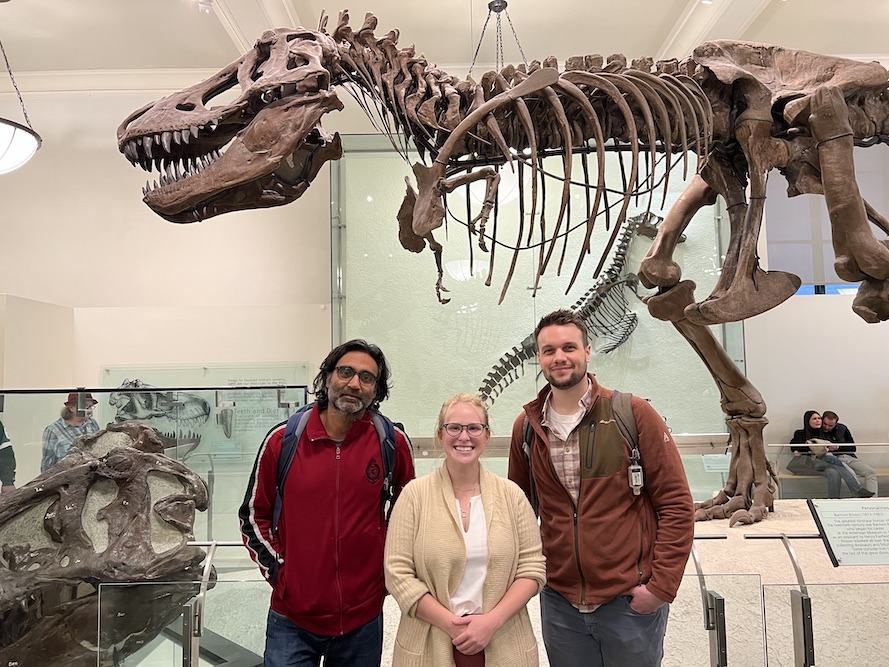
The American Museum of Natural History Ramps Up Education on Research Computing
By: Sarah Matysiak
Dec 15, 2023

Using HTC expanded scale of research using noninvasive measurements of tendons and ligaments
By: Sarah Matysiak
Nov 27, 2023
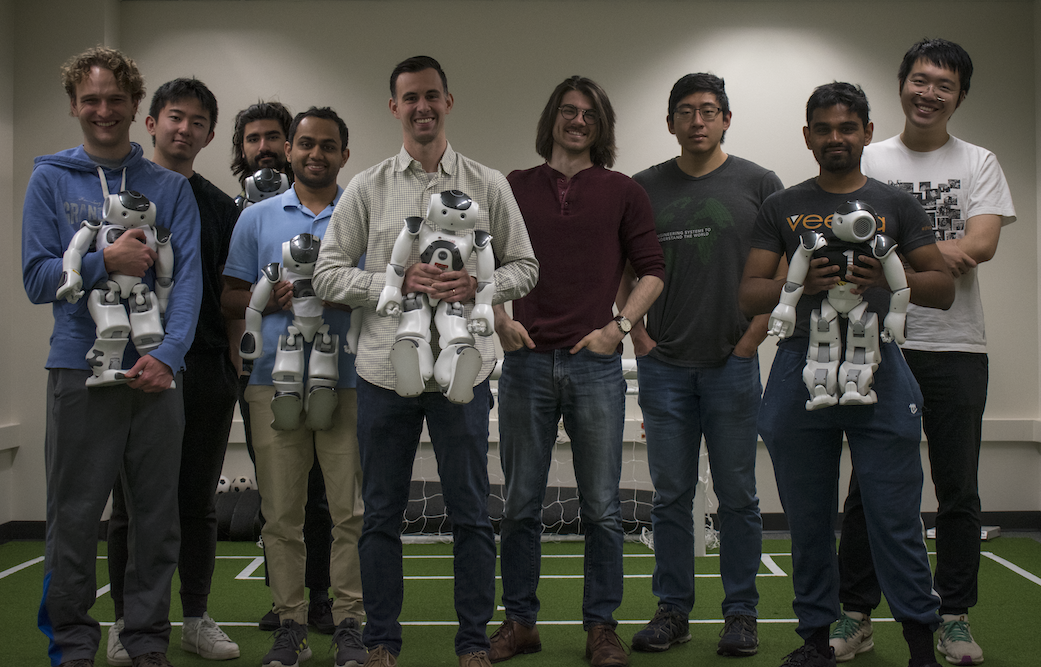
Training a dog and training a robot aren’t so different
By: Sarah Matysiak
Nov 17, 2023

The Pelican Project: Building a universal plug for scientific data-sharing
By: Brian Mattmiller
Nov 16, 2023
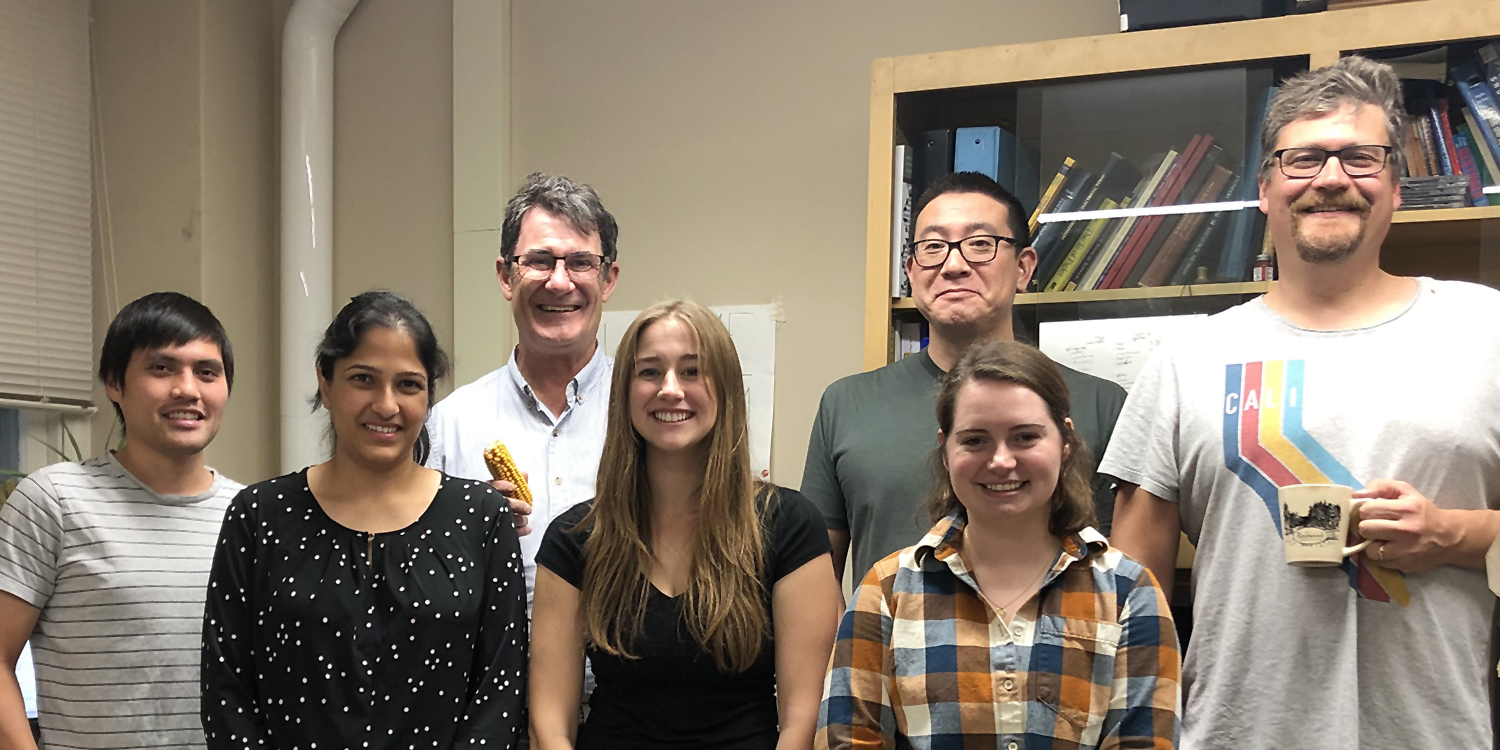
Plant physiologists used high throughput computing to remedy research “bottleneck”
By: Sarah Matysiak
Nov 13, 2023
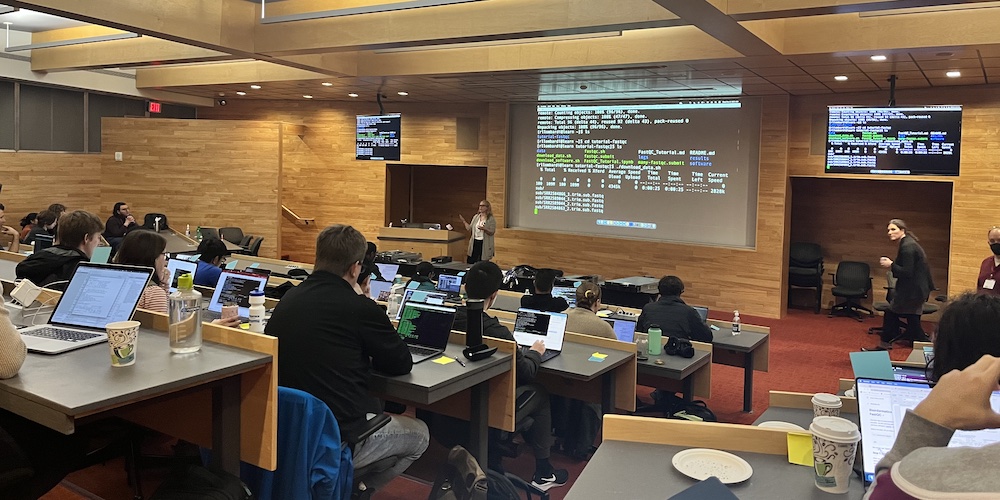
CHTC Launches First Introductory Workshop on HTC and HPC
By: Malia Bicoy
Nov 10, 2023
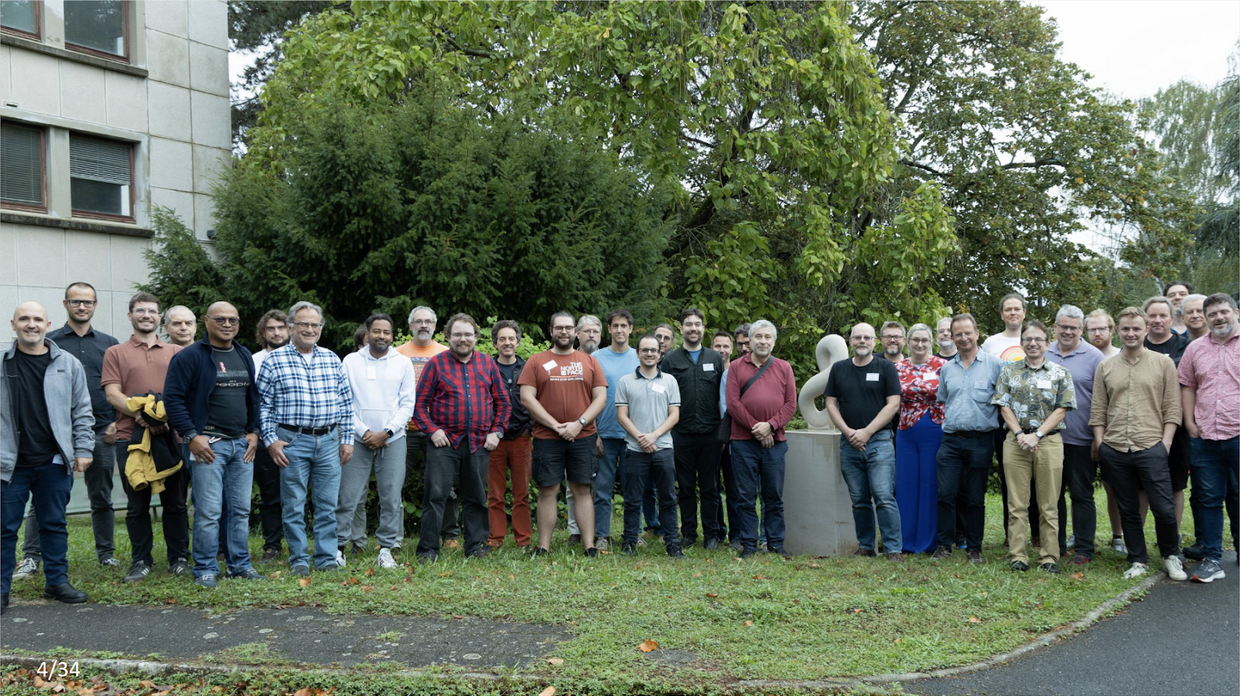
HTCondor European Workshop returns for ninth year in Orsay, France
By: Sarah Matysiak
Nov 01, 2023
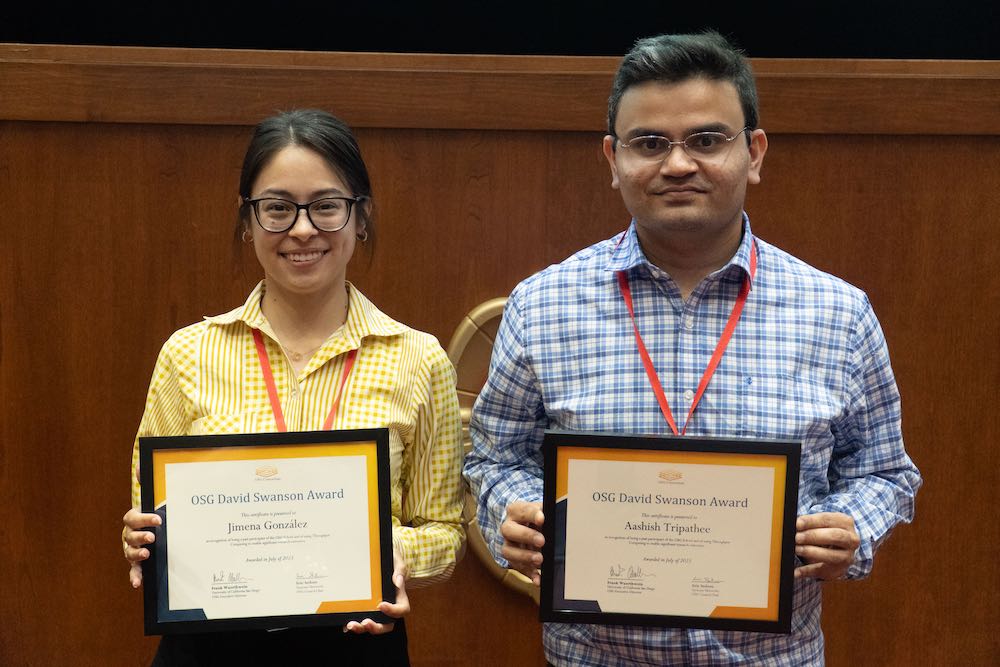
OSG David Swanson Awardees Honored at HTC23
By: Sarah Matysiak
Oct 30, 2023
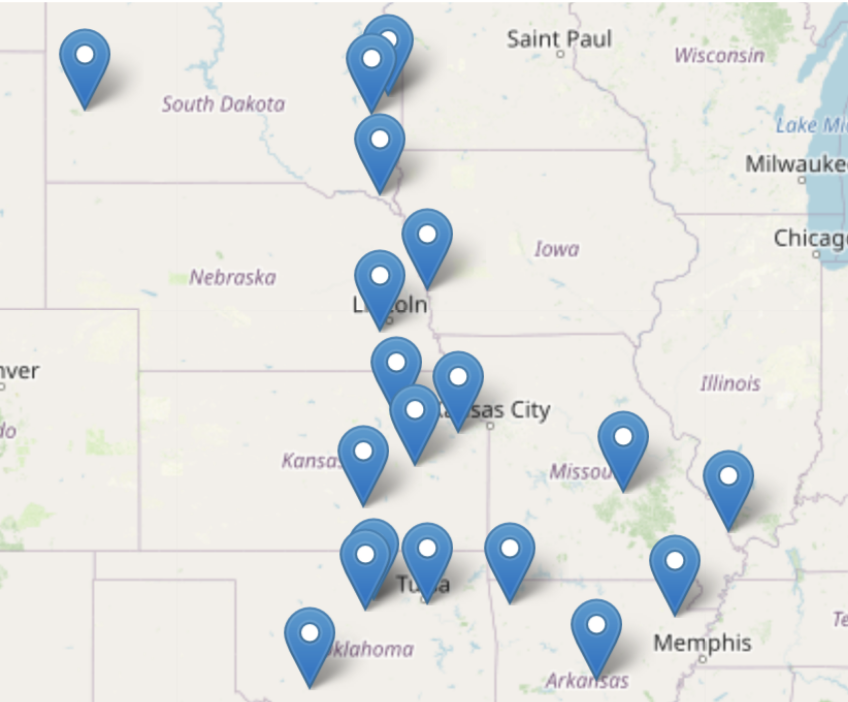
Great Plains Regional CyberTeam Expanding Capacity for Computing from Great Plains Campuses
By: Hannah Cheren
Oct 24, 2023

USGS uses HTCondor to advance Mars research
By: USGS Communications
Jun 12, 2023

Construction Commences on CHTC's Future Home in New CDIS Building
By: Shirley Obih
Apr 27, 2023

OSPool As a Tool for Advancing Research in Computational Chemistry
By: Shirley Obih
Apr 25, 2023

Get To Know Student Communications Specialist Hannah Cheren
By: Shirley Obih
Apr 24, 2023
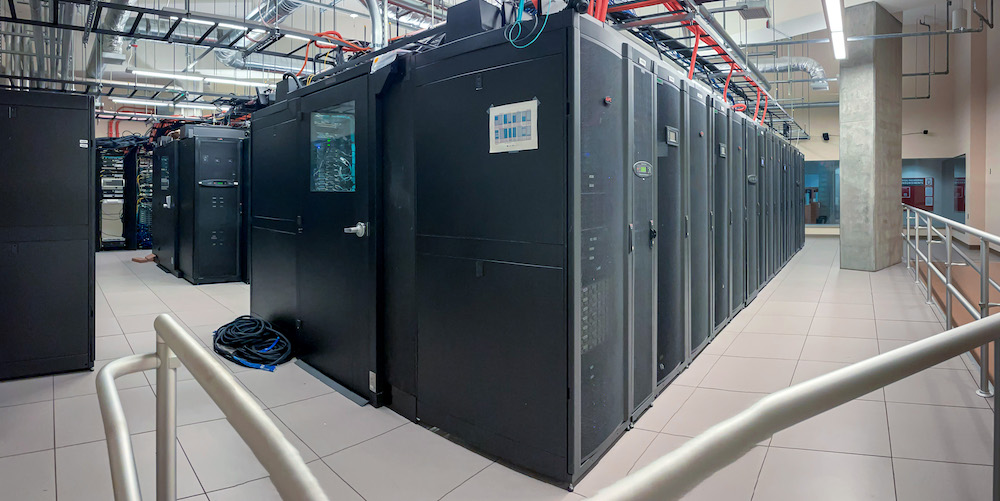
The CHTC Philosophy of High Throughput Computing – A Talk by Greg Thain
By: Hannah Cheren
Apr 24, 2023

Distributed Computing at the African School of Physics 2022 Workshop
By: Hannah Cheren
Apr 24, 2023
Fire up the GPUs: UW-Madison, Morgridge project sparks next-level computing
By: Brian Mattmiller
Mar 28, 2023

Google Quantum Computing Utilizing HTCondor
By: Hannah Cheren
Mar 01, 2023

Get To Know Todd Tannenbaum
By: Shirley Obih
Jan 23, 2023

Empowering Computational Materials Science Research using HTC
By: Hannah Cheren
Jan 20, 2023
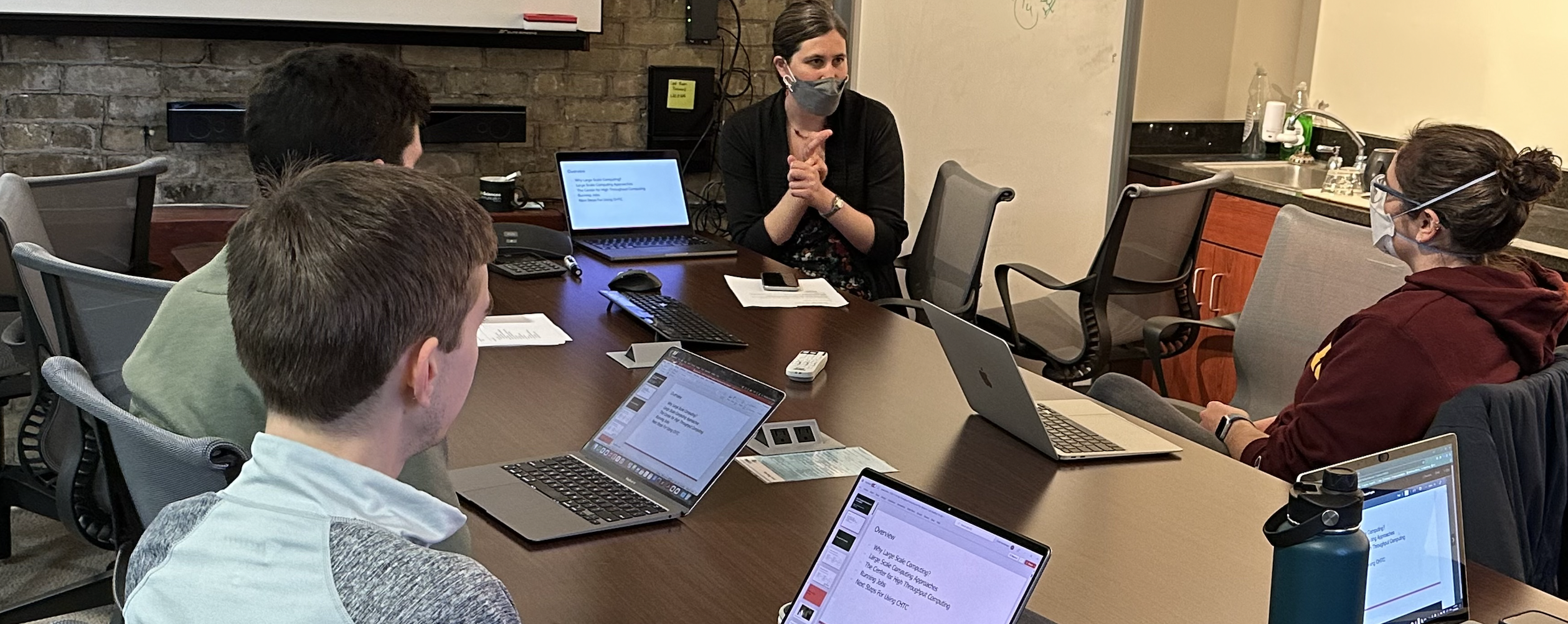
CHTC Leads High Throughput Computing Demonstrations
By: Shirley Obih
Jan 20, 2023
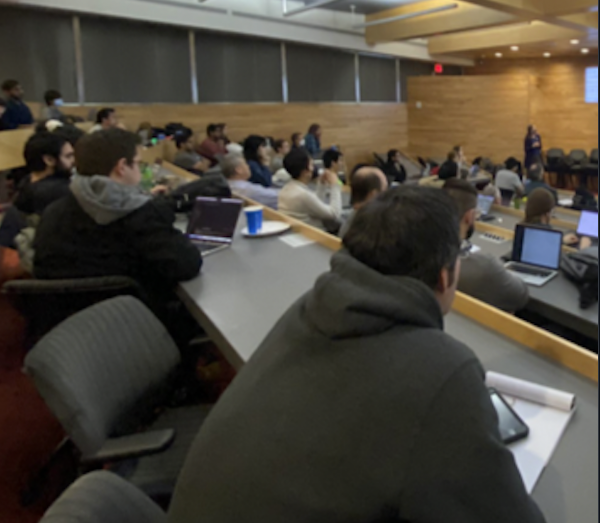
CHTC Hosts Machine Learning Demo and Q+A session
By: Shirley Obih
Dec 19, 2022
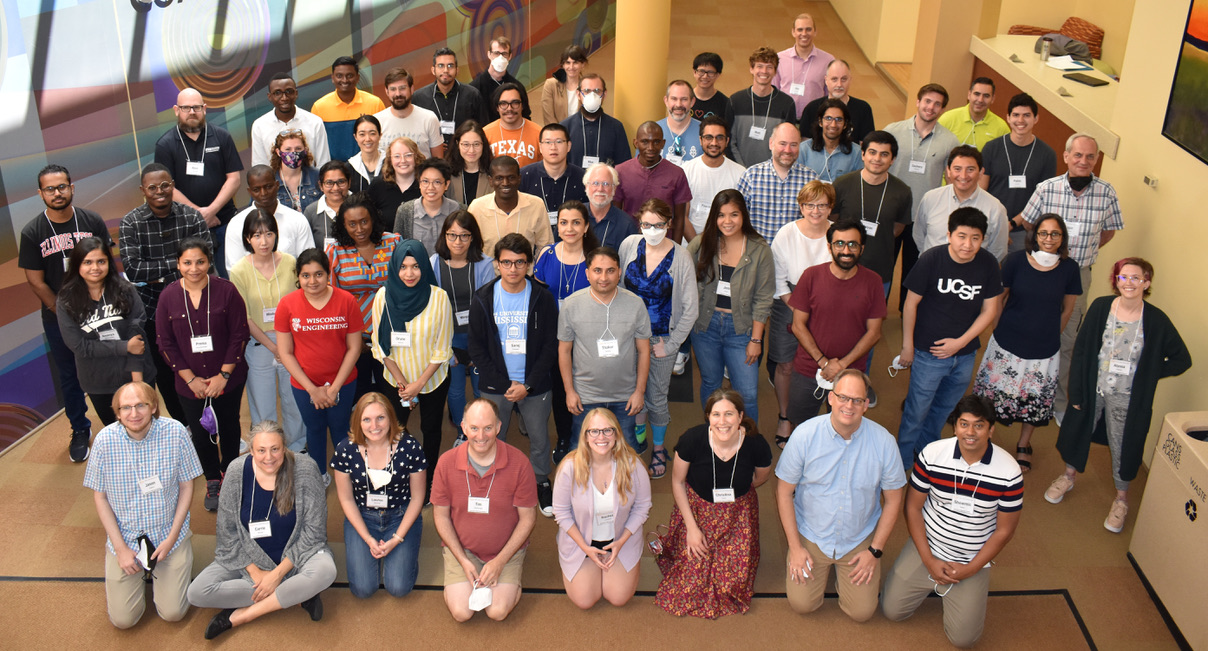
OSG User School 2022 Researchers Present Inspirational Lightning Talks
By: Hannah Cheren
Dec 19, 2022
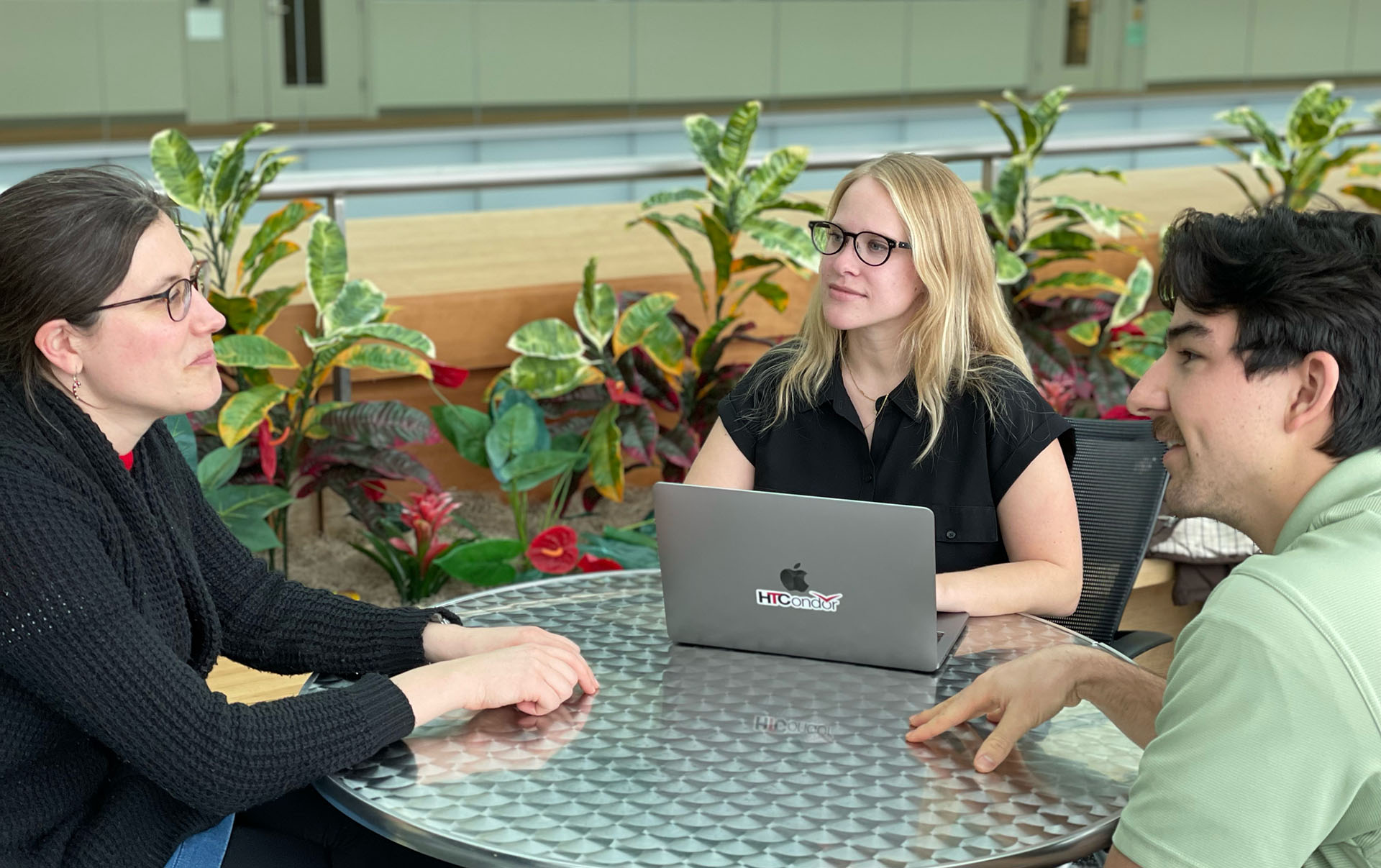
CHTC Facilitation Innovations for Research Computing
By: Hannah Cheren
Dec 14, 2022
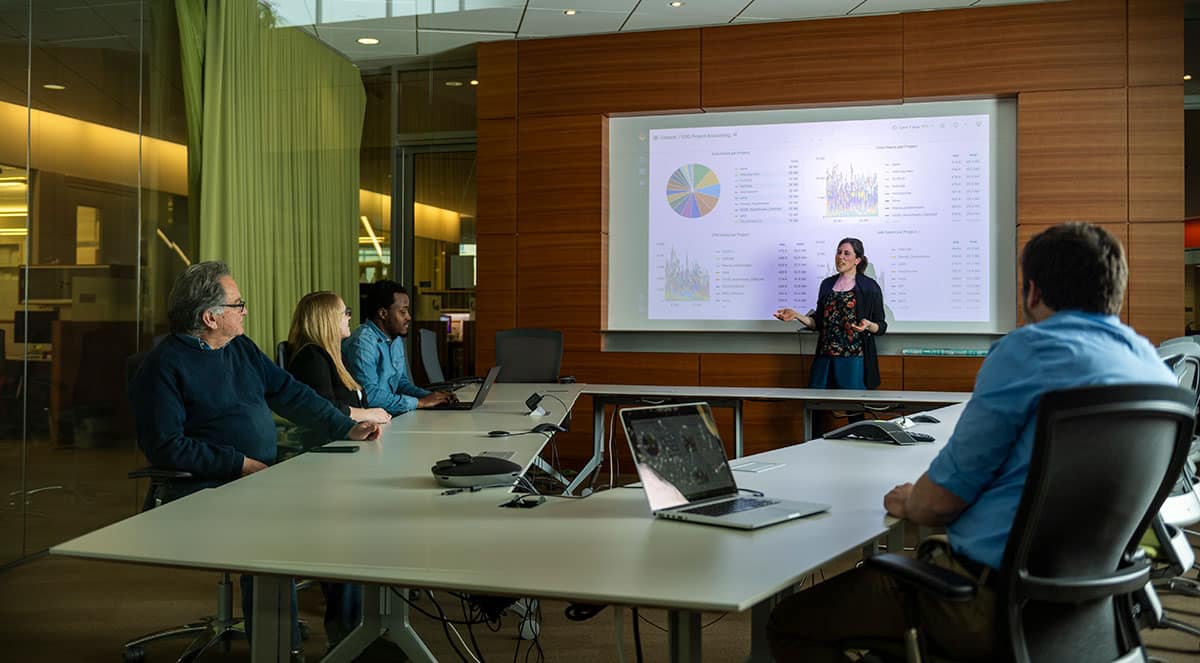
High-throughput computing: Fostering data science without limits
By: Brian Mattmiller
Dec 06, 2022
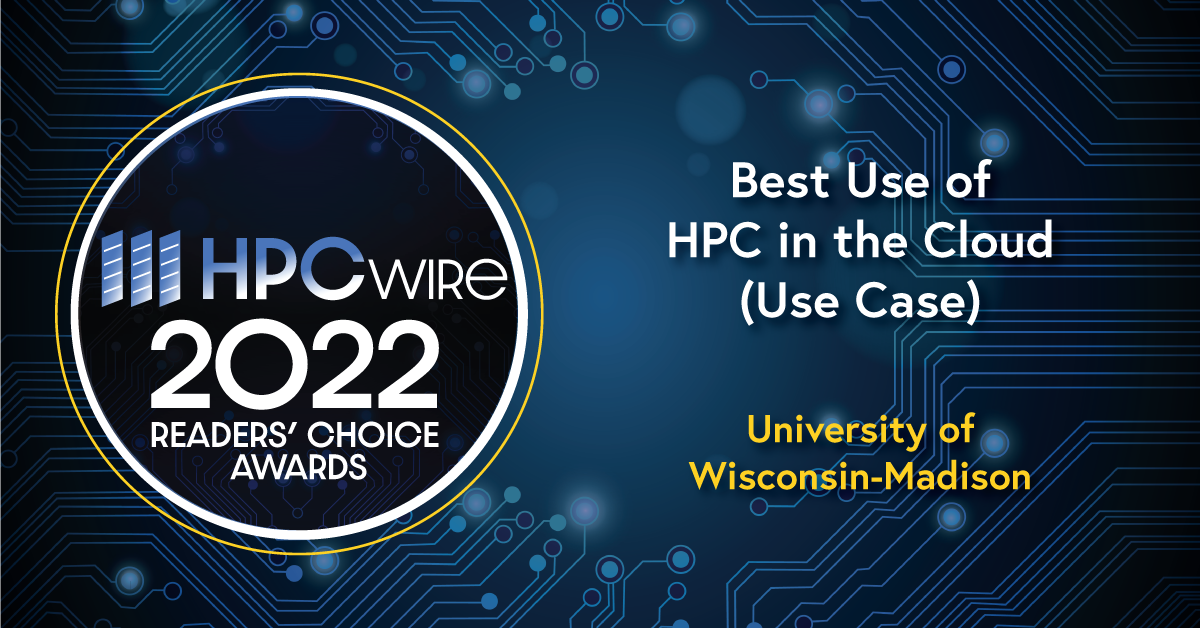
UW–Madison's Icecube Neutrino Observatory Wins HPCwire Award
By: Anna Hildebrandt
Nov 16, 2022

Over 240,000 CHTC Jobs Hit Record Daily Capacity Consumption
By: Shirley Obih
Nov 09, 2022
Meet Joe B. from the CHTC
By: Hannah Cheren
Oct 03, 2022

Solving for the future: Investment, new coalition levels up research computing infrastructure at UW–Madison
By: Hannah Cheren
Sep 27, 2022

Technology Refresh
By: Christina Koch
Aug 31, 2022

LIGO's Search for Gravitational Waves Signals Using HTCondor
By: Hannah Cheren
Jul 21, 2022

The Future of Radio Astronomy Using High Throughput Computing
By: Hannah Cheren
Jul 12, 2022

Expediting Nuclear Forensics and Security Using High Throughput Computing
By: Hannah Cheren
Jul 06, 2022

Testing GPU/ML Framework Compatibility
By: Hannah Cheren
Jul 06, 2022

UW Statistics Course using HTC
By: Hannah Cheren
Jul 06, 2022

Using HTC and HPC Applications to Track the Dispersal of Spruce Budworm Moths
By: Hannah Cheren
Jul 06, 2022

Using high throughput computing to investigate the role of neural oscillations in visual working memory
By: Hannah Cheren
Jul 06, 2022

Introducing the PATh Facility: A Unique Distributed High Throughput Computing Service
By: Josephine Watkins
Jun 01, 2022

The role of HTC in advancing population genetics research
By: Hannah Cheren
Jun 01, 2022
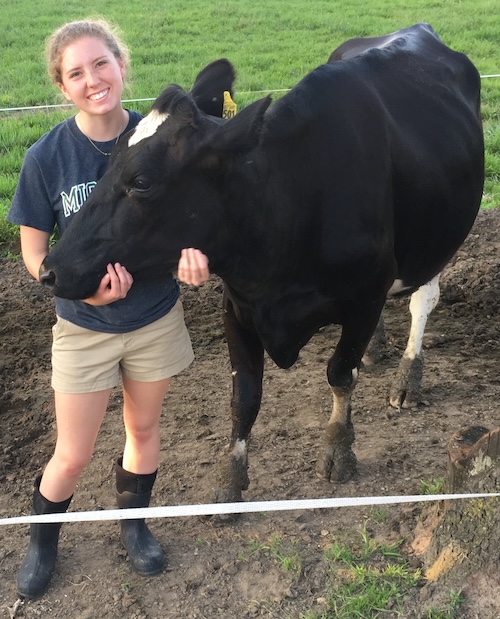
One Researcher’s Leap into Throughput Computing: Bringing Machine Learning to Dairy Farm Management
By: Sophie Dorros
Jun 01, 2022

High-throughput computing as an enabler of black hole science
By: Brian Mattmiller
May 12, 2022
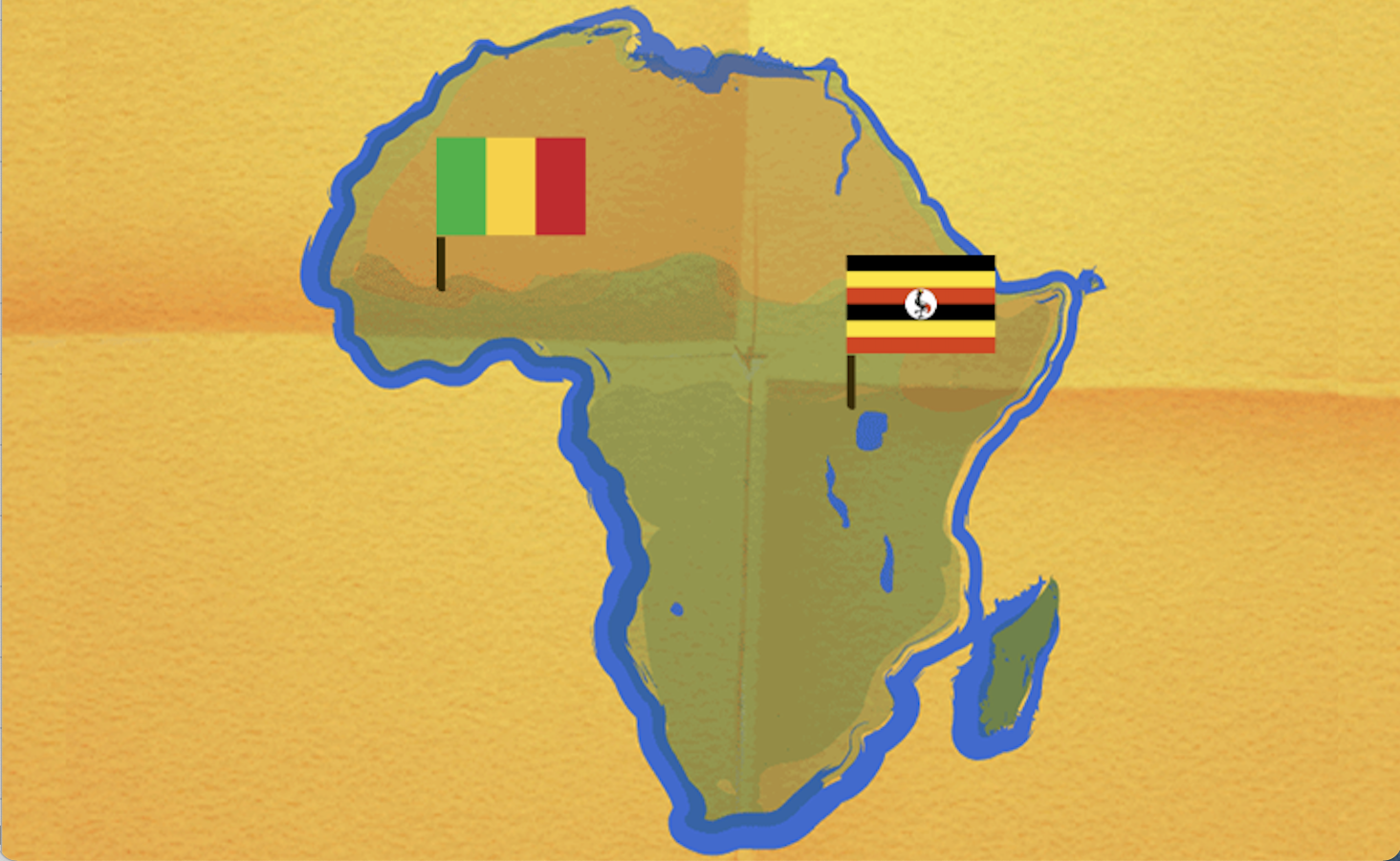
NIAID/ACE - OSG collaboration leads to a successful virtual training session
By: Hannah Cheren
May 02, 2022
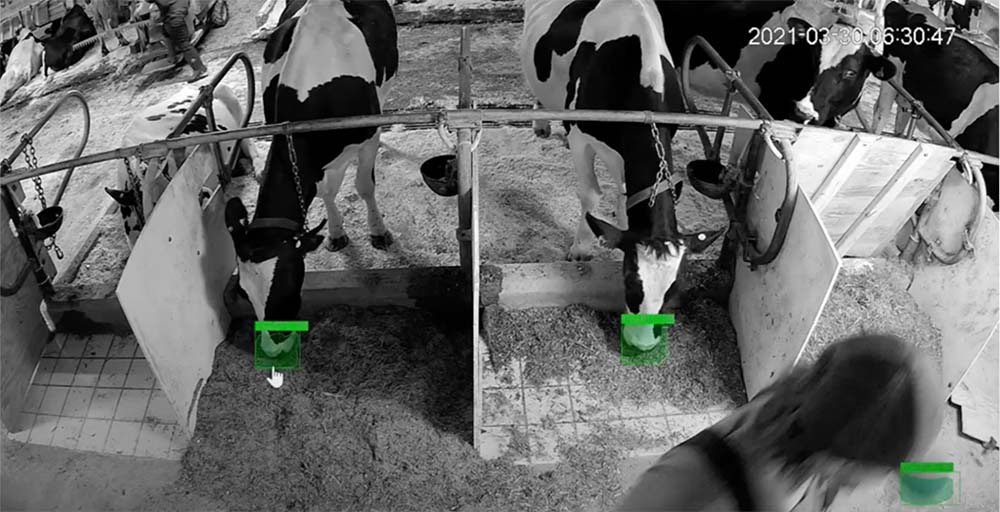
Machine Learning and Image Analyses for Livestock Data
By: Hannah Cheren
Feb 22, 2022

Harnessing HTC-enabled precision mental health to capture the complexity of smoking cessation
By: Josephine Watkins
Dec 16, 2021

Protecting ecosystems with HTC
By: Josephine Watkins
Nov 09, 2021

Centuries of newspapers are now easily searchable thanks to HTCSS
By: Josephine Watkins
Oct 26, 2021

Resilience: How COVID-19 challenged the scientific world
By: Josephine Watkins
Sep 23, 2021

Using HTC for a simulation study on cross-validation for model evaluation in psychological science
By: Josephine Watkins
Aug 19, 2021
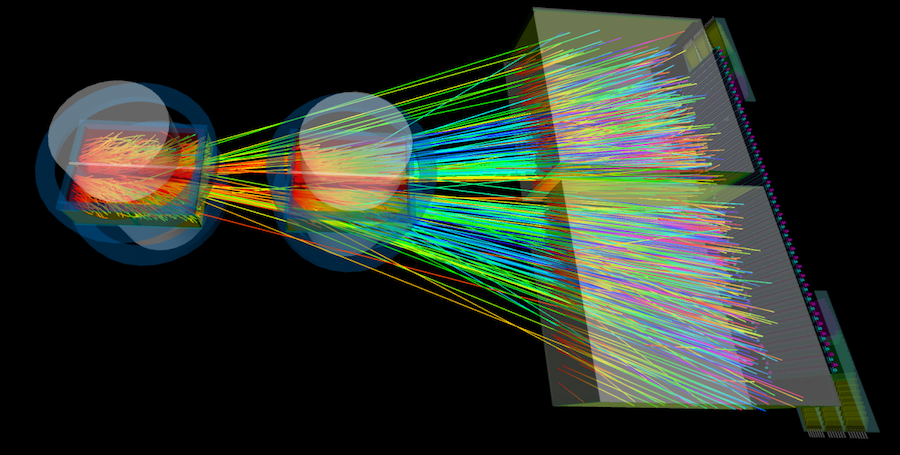
Antimatter: Using HTC to study very rare processes
By: Josephine Watkins
Aug 19, 2021
